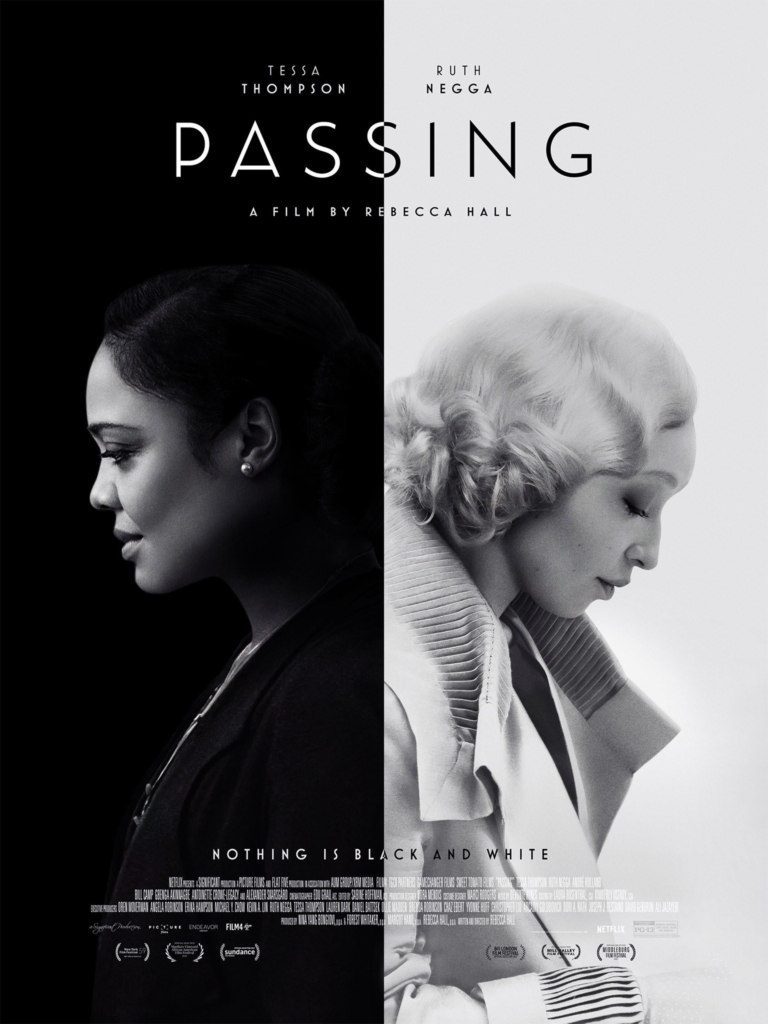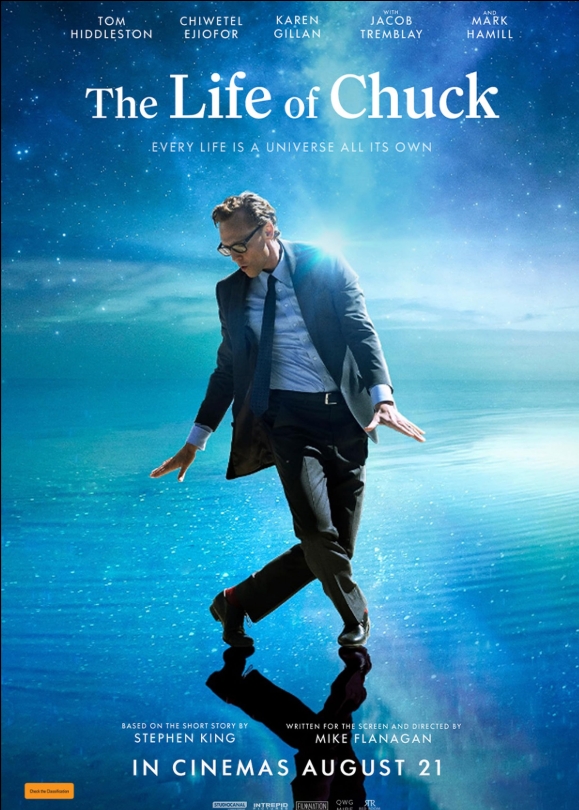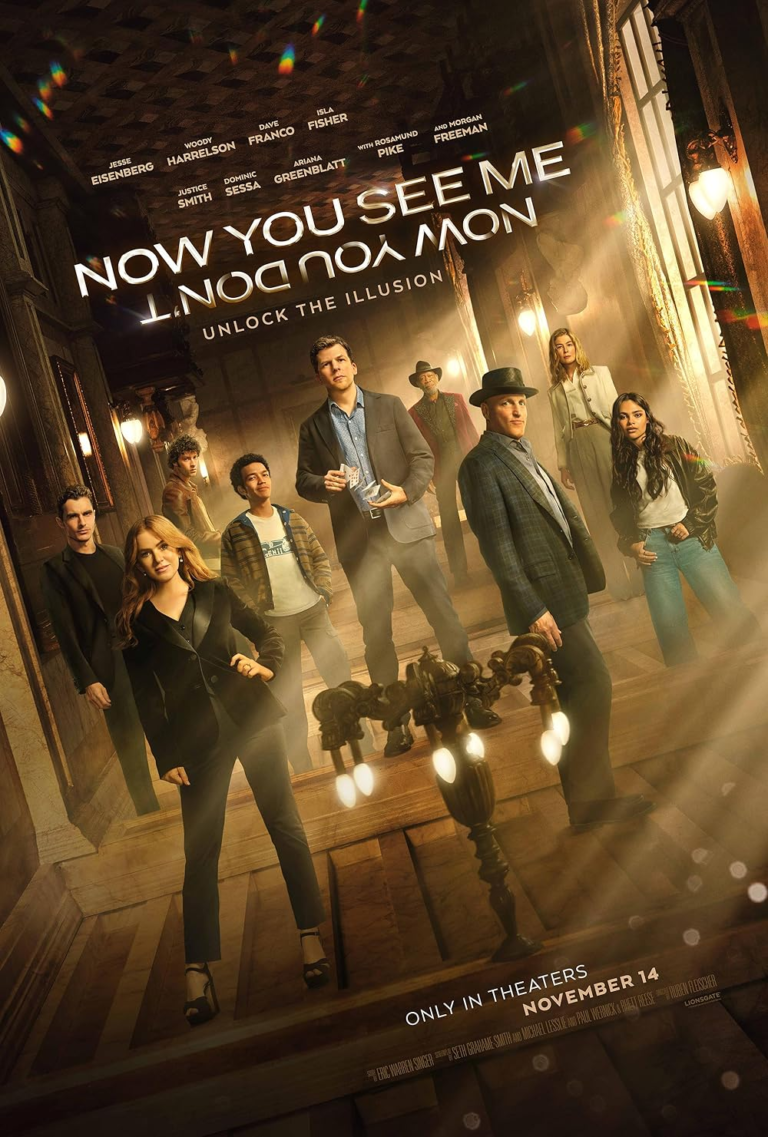Passing Christian Review

Passing. It’s a film that doesn’t just ask to be watched but absorbed, in all its haunting, monochromatic beauty. Directed by Rebecca Hall and based on Nella Larsen’s 1929 novella, this film sneaks under your skin quietly, forcing you to confront a deeply painful part of American history—one that doesn’t just belong to the past. Its exploration of racial identity, particularly the concept of “passing” as white, is delivered in a way that feels urgent and alive. But from a Christian perspective? Well, it’s even more layered, because truth and deception, the very fabric of human identity, get tangled up in ways that demand reflection.
Cinematic Grace in Black and White
First, let’s talk about the aesthetics. There’s a kind of magic in the way this film looks. The black-and-white cinematography isn’t just a stylistic choice—it’s central to the story. Cinematographer Edu Grau captures the nuances of light and shadow, and there’s something about seeing these characters exist in shades of gray that feels almost poetic, like a visual metaphor for their internal struggles. Ruth Negga and Tessa Thompson, the film’s two leads, are nothing short of extraordinary. Every flicker of doubt, every unspoken word, every small betrayal plays out on their faces like a symphony of restraint. It’s subtle and yet, overwhelming.
In Christian terms, this visual beauty reminds us of the complexity of human existence. We often think of things as black and white, but as we know, life is lived in the gray. It’s the tension between what we are, what we present, and what we hide. And that’s where the real spiritual battle often lies, isn’t it? In the shadows.
The Weight of Living a Lie
The film’s plot revolves around Irene (Tessa Thompson) and Clare (Ruth Negga), two women who grew up together but have gone in vastly different directions. Irene identifies as Black and lives in Harlem with her Black husband and children. Clare, on the other hand, has been passing as white, married to a white man who is oblivious to her true heritage. When their paths cross again, tensions simmer, and things unravel with a quiet intensity.
From a Christian standpoint, this entire narrative screams out the dangers of living a lie. There’s something deeply painful about watching Clare live in constant deception, not just toward her husband but toward herself. It makes you think about the burden of deceit. The Bible is clear about the weight of falsehood. Ephesians 4:25 tells us to “put off falsehood and speak truthfully to your neighbor.” Clare’s story, and even Irene’s to some extent, is a painful reflection of what happens when people can’t live in the truth, when society forces them into roles they weren’t meant to play. It’s not just a lie to the world; it becomes a lie to their own souls.
But unlike a parable with a clear moral, “Passing” doesn’t offer simple answers. Clare’s decision to pass for white is a survival tactic, born out of the brutal reality of racism. Watching her, there’s an undeniable sense of empathy, even if we know that deception can never be the road to lasting peace. Her tragedy isn’t just the life she’s chosen, but the cruel system that’s given her no good choices in the first place.
Truth and Identity in a Fallen World
At the heart of Passing is the question of identity. What does it mean to be true to yourself when the world won’t let you be who you are? As Christians, we believe that our identity comes from God, that we are fearfully and wonderfully made (Psalm 139:14). But what happens when the world tells you that who you are is wrong, that it’s dangerous, even?
Irene and Clare both wrestle with this in different ways. Irene, in her own way, is also passing, trying to maintain a sense of normalcy and control in a world that is constantly undermining her. Clare’s life is more visibly fractured, but both women are trapped in systems that limit their freedom. The tragic beauty of the film is that it doesn’t present either of them as fully right or wrong—it simply shows the cost of living in a world broken by sin, where race becomes a weapon used against people.
In watching the film, you can’t help but think about how this mirrors the brokenness we all experience. We may not be passing in the racial sense, but how often do we present ourselves as something we’re not, just to survive or fit in? The Bible calls us to live authentically, to put off falsehood, but it also acknowledges the brutal reality of living in a fallen world. Clare’s deception is both understandable and tragic. There’s no easy answer here—just a profound sadness that the world isn’t as it should be.
The Unspoken Gospel in Passing
What struck me most about Passing is its quiet sadness. There’s an underlying sorrow in this film, one that feels almost biblical in its weight. Like the fall of man in Genesis, there’s a sense that something is fundamentally broken here. The characters live in a world that doesn’t allow them to be fully human, to live in the truth of who they are, and that brokenness has devastating consequences.
And yet, as Christians, we know the story doesn’t end there. While the film ends with a sense of unresolved tragedy, the Gospel offers a different conclusion. Christ came to reconcile us, not just to God but to each other. The racial divisions that tear at the characters in Passing are part of the sinful structures that Christ came to break down. There is hope in the message of redemption and reconciliation—though it’s a hope that remains unspoken in the film, it’s something we can hold onto as we watch.
Final Thoughts: A Sobering Masterpiece
Passing isn’t an easy film to watch. It’s subtle, slow, and haunting in its depiction of two women navigating a world that refuses to let them be fully themselves. For Christian viewers, it’s a film that challenges us to think about identity, truth, and the cost of deception in a world marked by sin.
Ultimately, Passing leaves us with more questions than answers. But maybe that’s the point. We live in the tension between the already and the not yet, between a world that is broken and the hope of one that will be restored. In that sense, the film mirrors the Christian journey—one where we are constantly seeking the truth, even when it’s painful, and trusting that in Christ, all things will one day be made new.
Rating: 8/10






